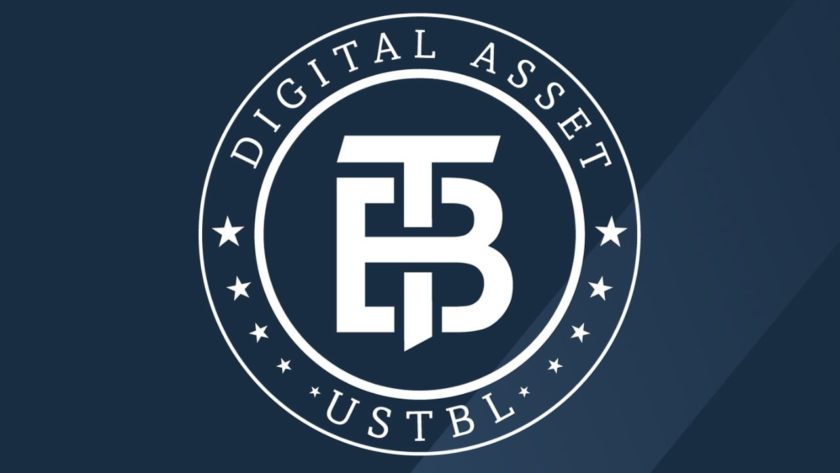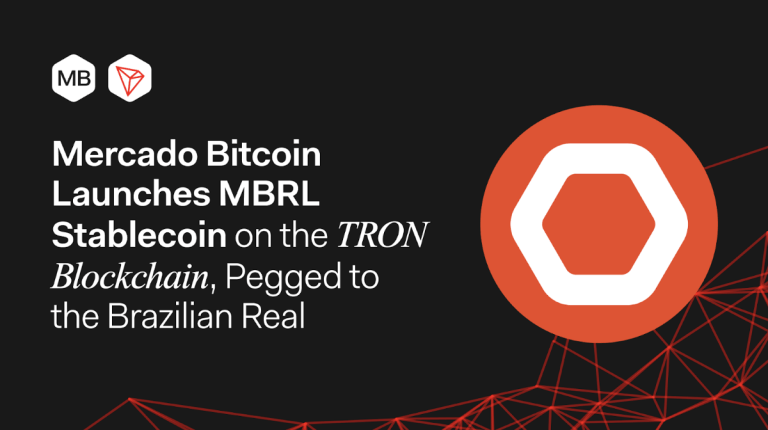The advent of blockchain technology has revolutionized and disrupted many industries from finance to transportation, supply chain to healthcare, and many more. Currently, the gaming industry is feeling the disruptive impact of blockchain technology, and it is so beautiful to see. The gaming industry has come a long way from its humble beginning. If you ever played Super Mario on a 16-bit gaming console, you will understand how the once simple gaming industry has evolved to what we are seeing today.
With the introduction of blockchain technology in the online gaming landscape, we are beginning to see a complete revitalization of the gaming industry. According to a report by Dappradar, over 800,000 unique active players connected to blockchain-based games in the early third quarter of 2021. The report also highlighted that the number is expected to grow exponentially in the last quarter of the year. Today, there are a number of blockchain-based gaming projects setting the pace in the transformation of online gaming. A good example of these blockchain gaming projects is IQeon.
What Blockchain Offers To Online Gaming
Blockchain technology has impacted the online gaming industry in many ways. Here are four of the major ways the online gaming industry has been impacted by blockchain:
1. Gamers earn income while playing
Before now, gamers spend their money, time, and energy playing games just for the fun of it. Today, blockchain-based gaming platforms like IQeon, players are directly paid to play the game. Here, users can convert in-game currencies into IQN tokens. These tokens can be exchanged into digital assets on crypto trading platforms like EXMO, Exrates, BitForex, and HitBTC.
Blockchain gaming platforms also enable gamers to exchange their in-game belongings like avatars, collectibles, NFTs and can exchange these possessions for crypto assets. With this business model, blockchain technology can expand the gaming industry into a viable economy where gamers can make a living playing full-time.
2. Blockchain has opened online gaming to everyone and anyone.
Before the advent of blockchain in the gaming industry, most online gaming platforms are currently run on closed data architecture. These games limit the access of players based on some metrics like geographical location and the likes. However, blockchain-based online games are designed to be permissionless and open to everyone irrespective of where they are in the world. All the person needs is an internet connection to access and play these games.
3. Low barriers to entry
Blockchain protocols have made it easy for developers to create and launch games at a minimized cost. Some blockchain networks like Ethereum are open protocols that anyone can build and launch games. Here, it is easy for developers to leverage the base layer blockchain to cut cost of development. With such a low barrier to entry, there will be more competition as well as more options for the end-user.
4. A Growing community of interconnected Play-to-earn games
Since blockchain applications are designed to be permissionless, any developer can seamlessly build on them. This fundamental feature allows game developers to build layer-two games on a layer-one game. Therefore, users can seamlessly move from one game to another and apply assets across a broader ecosystem. As these developers leverage the power of blockchain to build a growing community of interconnected P2E games, the experience becomes worthwhile. For instance, IQeon is designed with different games and contests where gamers can exchange their winnings for IQN tokens. They can also use these tokens anywhere on the platform.
Conclusion
The transformation of online gaming by blockchain technology is only getting started. We will begin to grasp the full extent of how blockchain has disrupted the gaming industry with time. However, one thing is certain; the future is bright for online gaming.
Image: Pixabay




